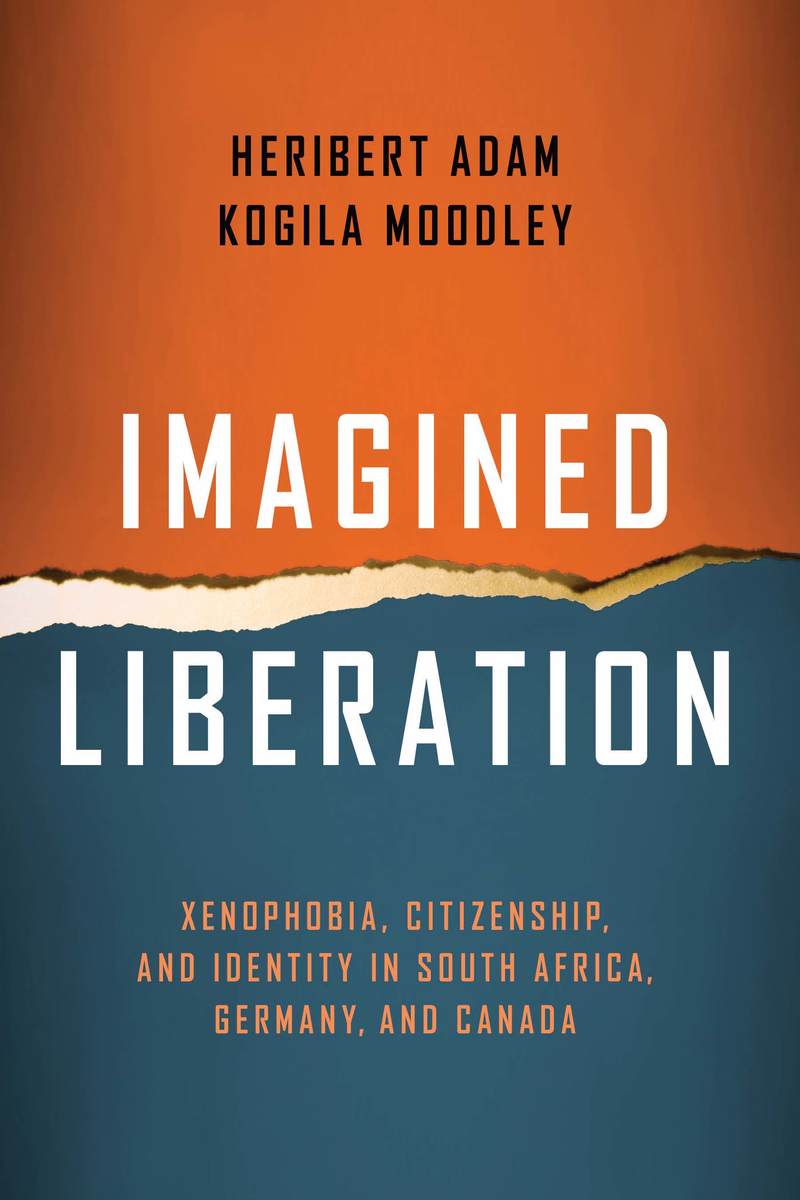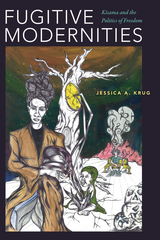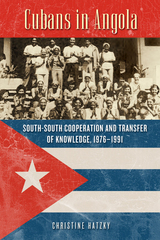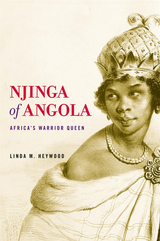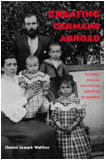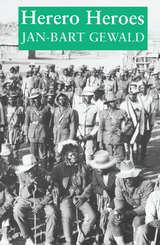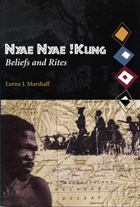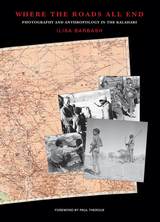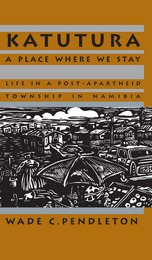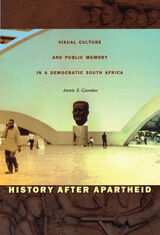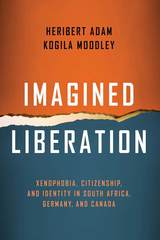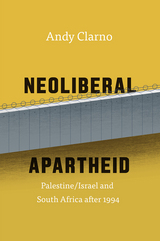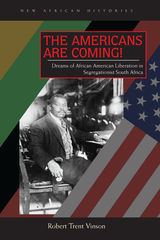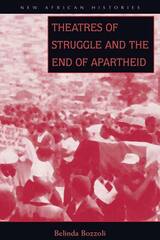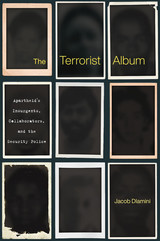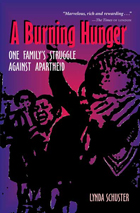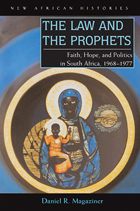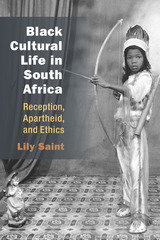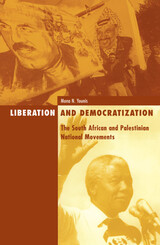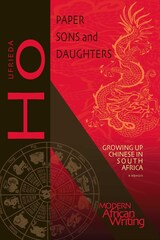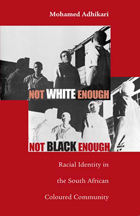Imagined Liberation: Xenophobia, Citizenship, and Identity in South Africa, Germany, and Canada
Temple University Press, 2015
Cloth: 978-1-4399-1189-1 | eISBN: 978-1-4399-1191-4 | Paper: 978-1-4399-1190-7
Library of Congress Classification DT1756.A33 2015
Dewey Decimal Classification 305.8
Cloth: 978-1-4399-1189-1 | eISBN: 978-1-4399-1191-4 | Paper: 978-1-4399-1190-7
Library of Congress Classification DT1756.A33 2015
Dewey Decimal Classification 305.8
ABOUT THIS BOOK | AUTHOR BIOGRAPHY | TOC | REQUEST ACCESSIBLE FILE
ABOUT THIS BOOK
On a spectrum of hostility towards migrants, South Africa ranks at the top, Germany in the middle and Canada at the bottom. South African xenophobic violence by impoverished slum dwellers is directed against fellow Africans. “Foreign” Africans are blamed for a high crime rate and most other maladies of an imagined liberation.
Why would a society that liberated itself in the name of human rights turn against people who escaped human rights violations or unlivable conditions at home? What happened to the expected African solidarity? Why do former victims become victimizers?
With porous borders, South Africa is incapable of upholding the blurred distinction between endangered refugees and economic migrants. Imagined Liberation asks what xenophobic societies can learn from other immigrant societies, such as Canada, that avoided the backlash against multiculturalism in Europe. Heribert Adam and Kogila Moodley stress an innovative teaching of political literacy that makes citizens aware as to why they hate.
Why would a society that liberated itself in the name of human rights turn against people who escaped human rights violations or unlivable conditions at home? What happened to the expected African solidarity? Why do former victims become victimizers?
With porous borders, South Africa is incapable of upholding the blurred distinction between endangered refugees and economic migrants. Imagined Liberation asks what xenophobic societies can learn from other immigrant societies, such as Canada, that avoided the backlash against multiculturalism in Europe. Heribert Adam and Kogila Moodley stress an innovative teaching of political literacy that makes citizens aware as to why they hate.
See other books on: Adam, Heribert | Citizenship | Moodley, Kogila | South Africa | Xenophobia
See other titles from Temple University Press
